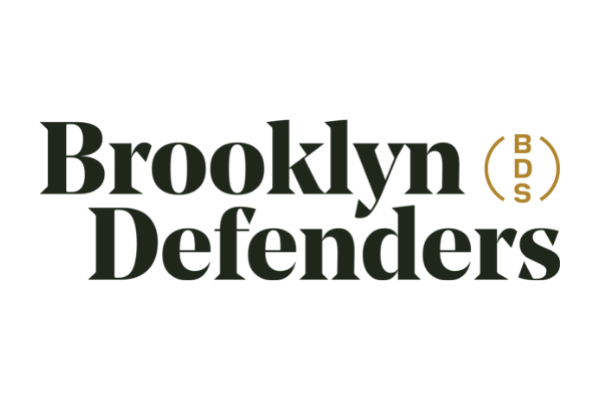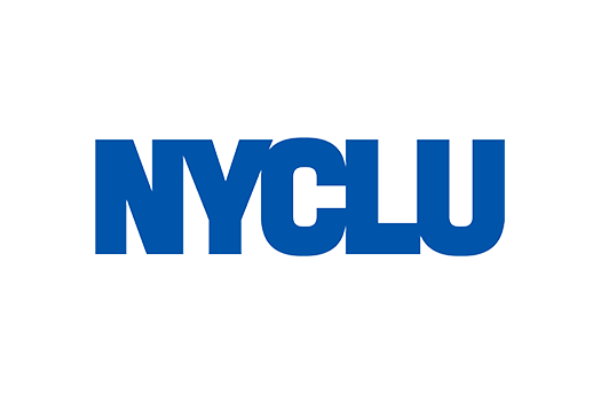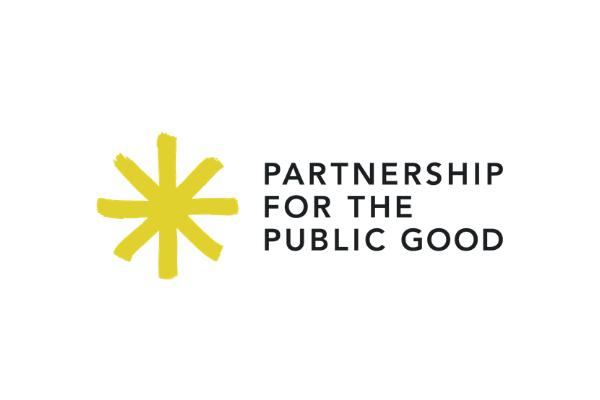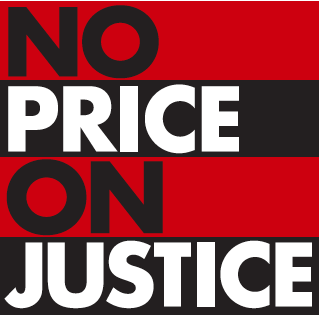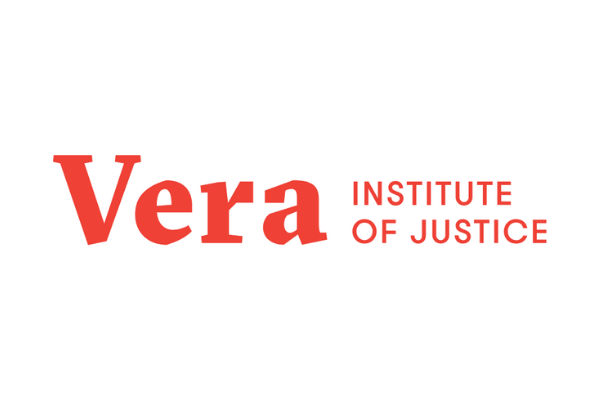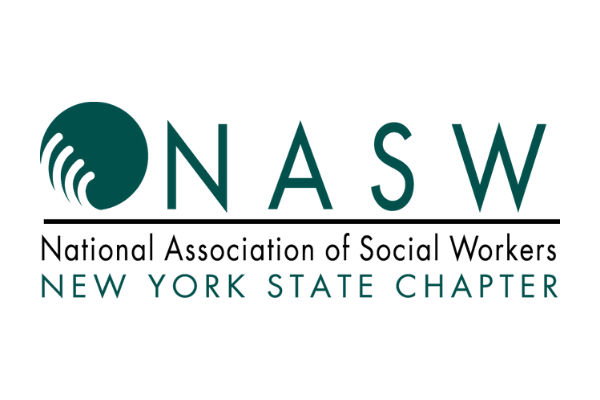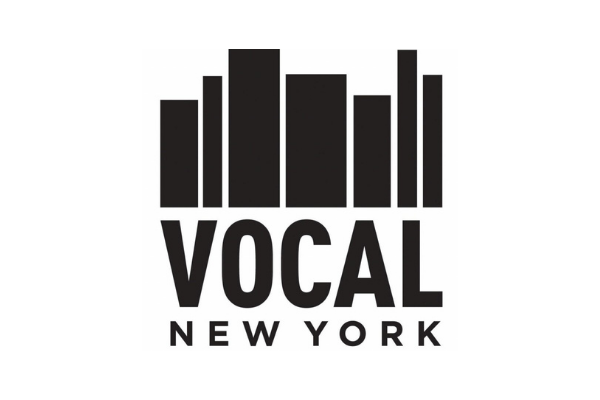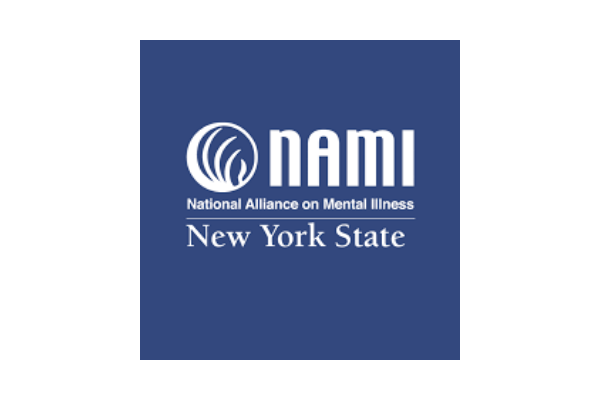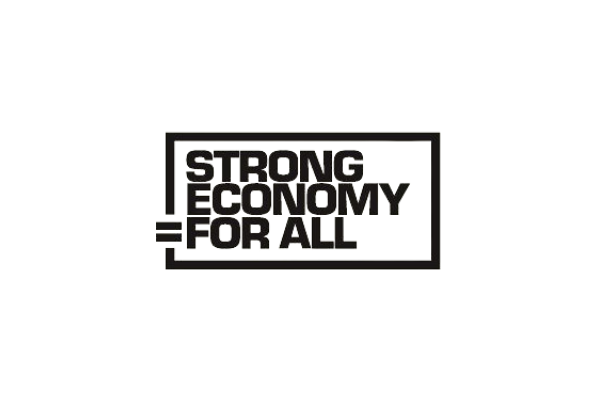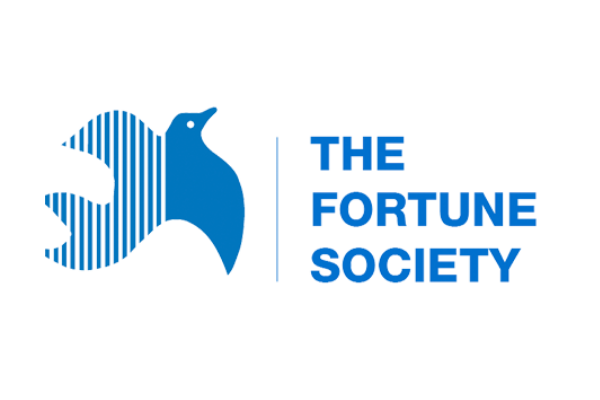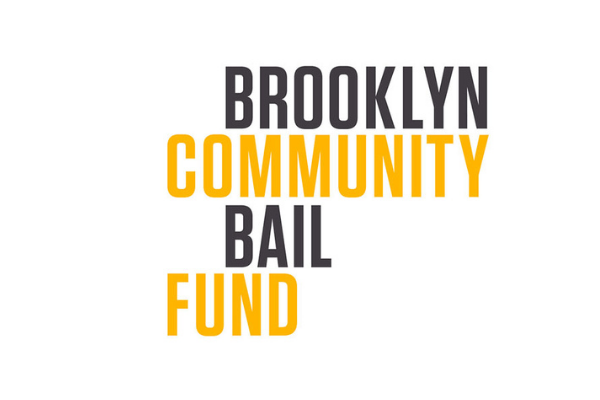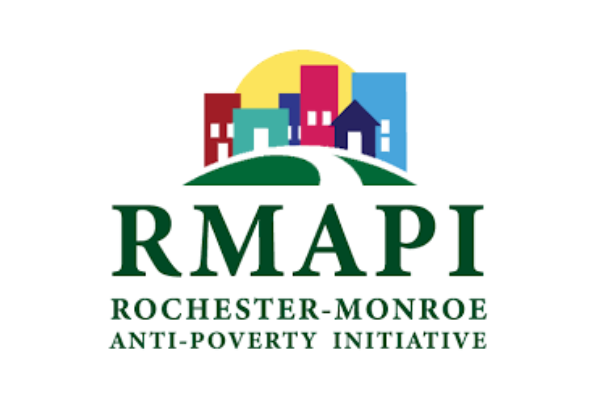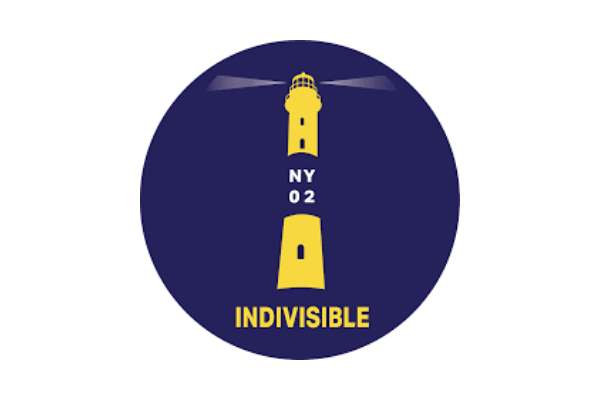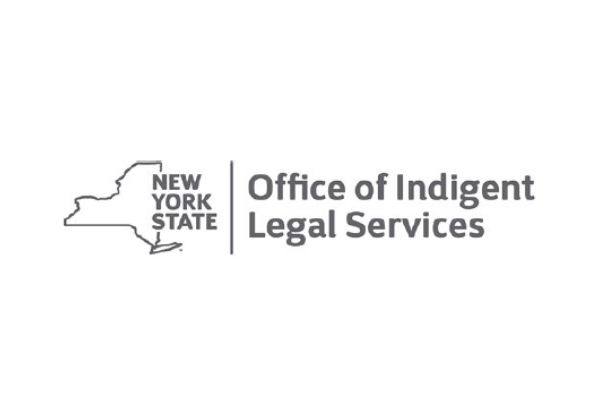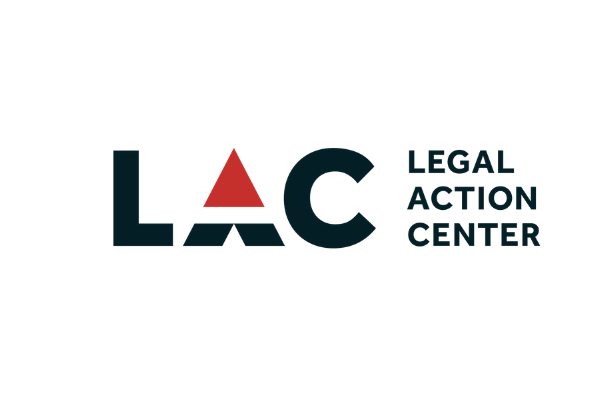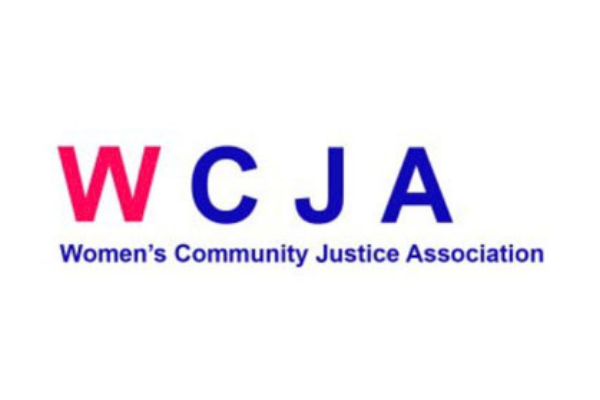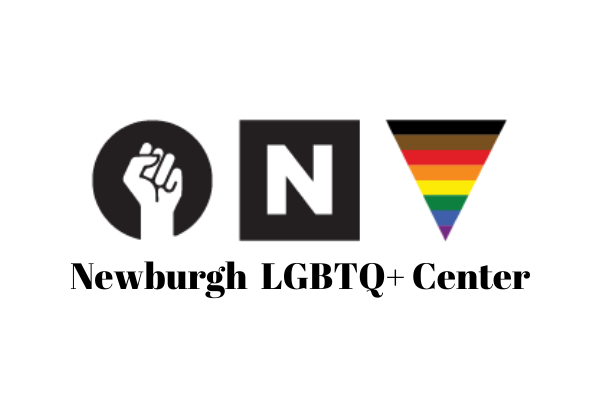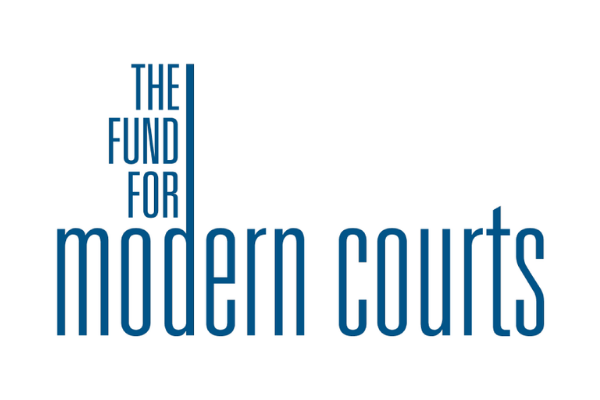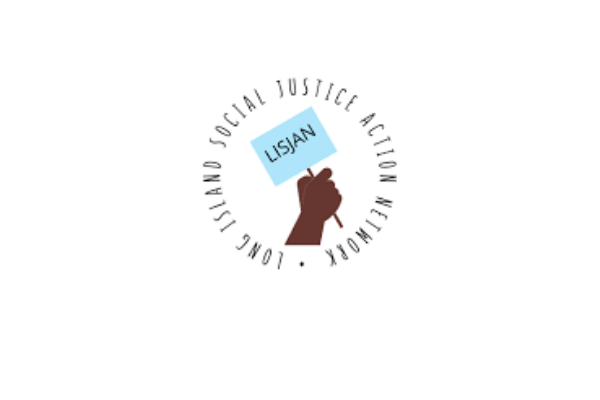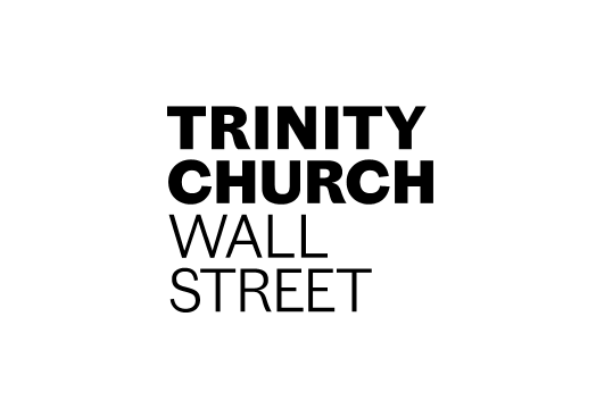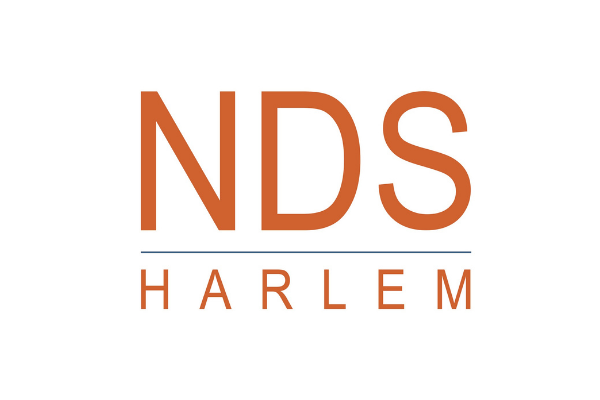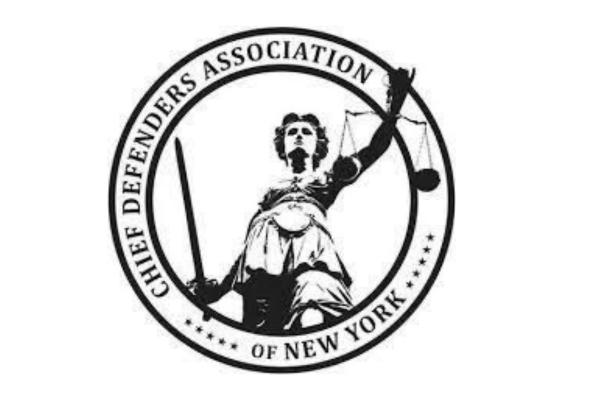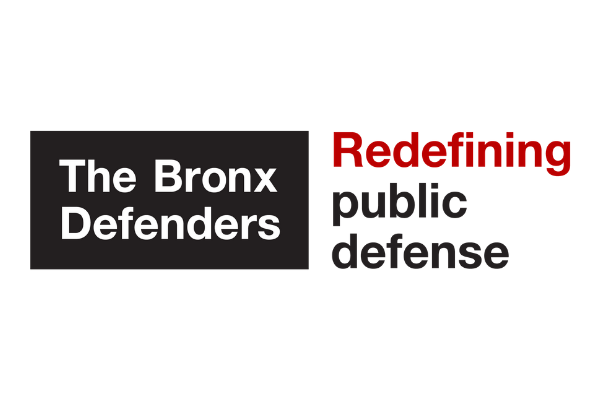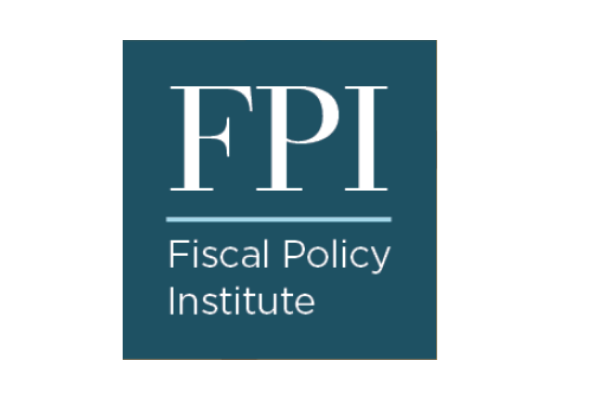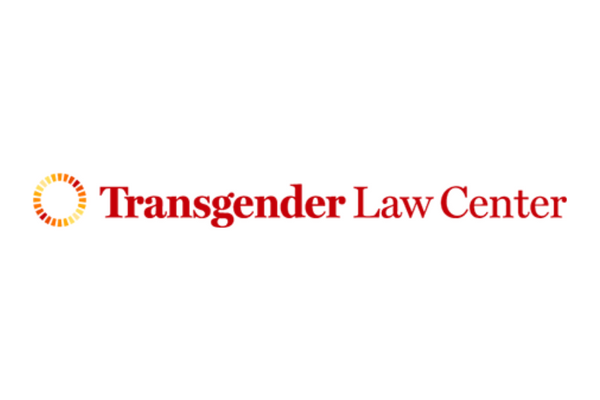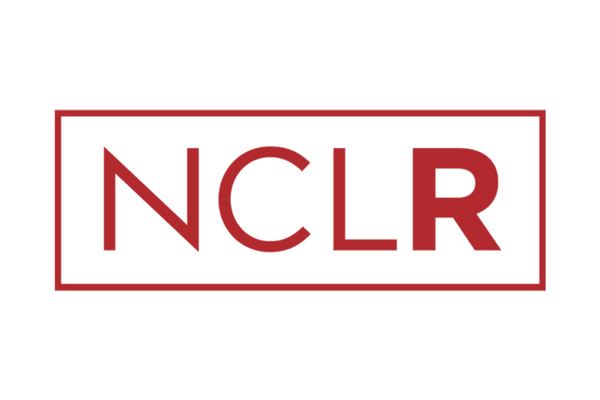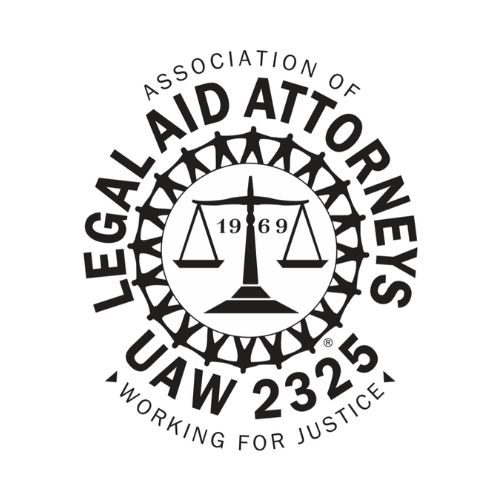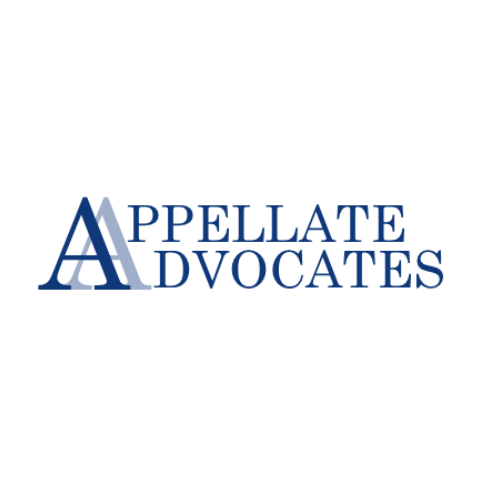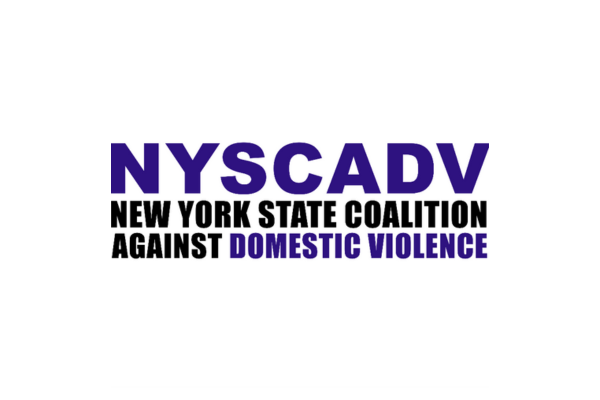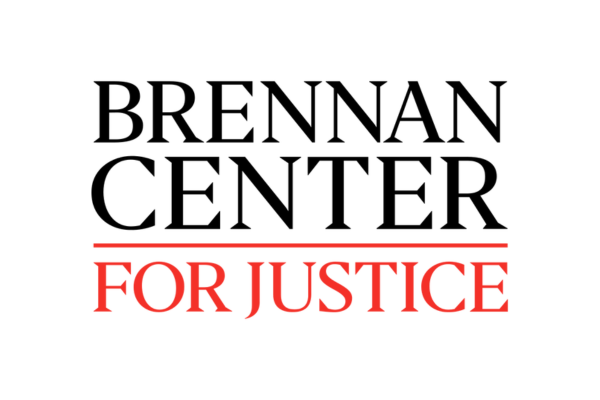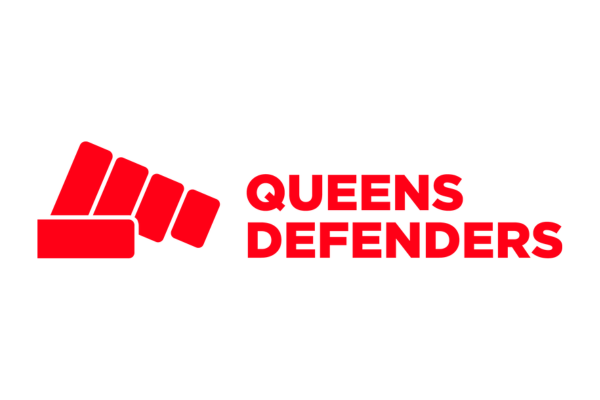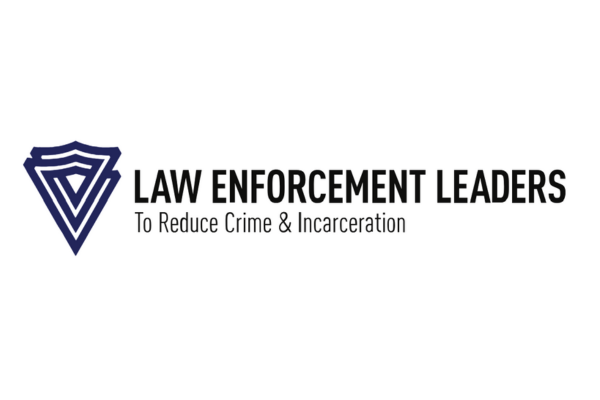About Us
The Coalition
No Price on Justice is a coalition of economic and racial justice advocates, grassroots organizations, and impacted people working to end New York’s predatory court fines and fees. Our mission is to end legal system fees and find more equitable ways to fund our government. Our coalition members share resources, exchange knowledge and provide mutual support as we strive to create a New York where there is no price on justice.
The End Predatory Court Fees Act
Sponsored by Senator Julia Salazar and Assembly Member Kenny Burgos, the End Predatory Court Fees Act (S.313/A.4183) would eliminate court fees, mandatory minimum fines, incarceration on the basis of unpaid fines and fees, and garnishment of commissary accounts.
Learn everything you need to know about the End Predatory Court Fees Act in our latest fact sheet.
Policy Recommendations
New York’s predatory court fines and fees put Black and brown lives in danger. They trap New Yorkers in inescapable debt. They allow our governments to avoid accountability for choosing this dangerous revenue source. No New Yorker should be at risk of losing their job, their license or their freedom just because they can’t afford a fine or fee. In a fair society, there can be no price on justice.
New York state can no longer be allowed to systematically extract money from the state’s most vulnerable communities to fund local governments and courts. The following policy recommendations will help us end dangerous and predatory fines and fees while we work towards more equitable means of funding government.
- End predatory legal system fees. These fees are extra costs added to every conviction in New York. Their sole purpose to generate revenue for state and local governments. New York should immediately abolish all criminal and traffic fees and surcharges, including:
Mandatory surcharges
The mandatory surcharge is a fee attached to every conviction — even traffic tickets. Courts do not waive or assess one’s ability to pay this fee. Mandatory surcharge fees can amount to hundreds of dollars — and fall disproportionately on Black and brown New Yorkers. If you cannot afford to pay the mandatory surcharge, you can be jailed for nonpayment, subjected to a civil judgment with long-term negative effects on access to housing and employment, or be forced to pay off the surcharge via garnishment from your meager jail or prison wages.Probation fees
In many counties, people on probation are often made to pay probation fees or “monthly supervision fees”, even though people on probation are much more likely to be low-income than those who aren’t. Failure to pay probation fees can result in a longer probation sentence, loss of your driver’s license, enrollment in a mandatory work program, or incarceration.DNA Databank Fee
New Yorkers who are convicted of a misdemeanor or felony are required to pay a DNA Databank fee, purportedly to pay for the costs of adding their DNA sample to New York’s DNA Databank. However, the state requires people to pay this fee even if they have already provided a DNA sample and paid the accompanying fee on a prior case. - End commissary garnishment for court debt.
People behind bars have accounts they use to buy basic necessities, but the funds in these accounts are taken out to pay for any fines and fees that they owe — even if the money is deposited by their family. Studies show that in 63% of cases, family members were primarily responsible for court costs associated with a conviction. Of the family members responsible for these costs, 83% were women. - End arrest and incarceration for nonpayment of fines and fees.
In New York, if people don’t pay their fines and fees, they may face a warrant for their arrest. They can be incarcerated while they wait to see a judge, and can even be sentenced to up to a year in jail for nonpayment. - End mandatory minimum fines.
Convictions sometimes come with a minimum fine amount regardless of the person’s income. This means the same fine will be easy for a wealthy person to afford, while devastating a low-income person. Fines should be fair. - Transparently report all fines and fees imposed and collected within the legal system, including geographic and demographic data, as well as the cost of collection and how any revenue is spent. The only way to make sure our government is fair and effective is for us to have accurate and accessible reporting.
Steering Committee
